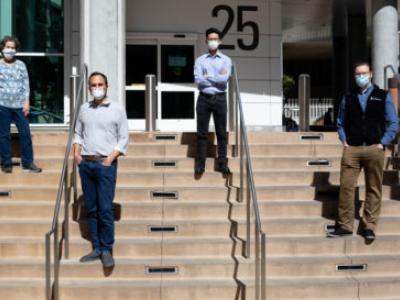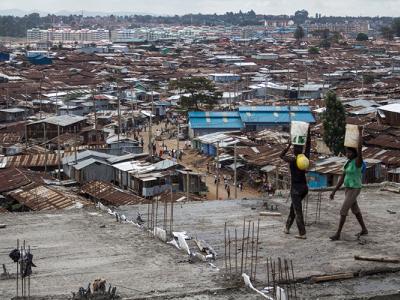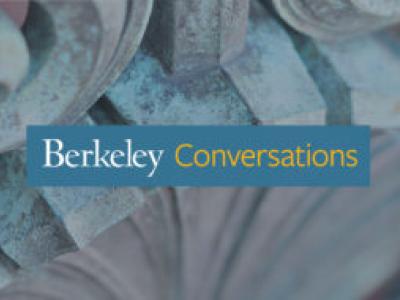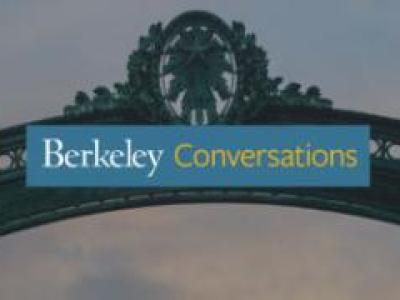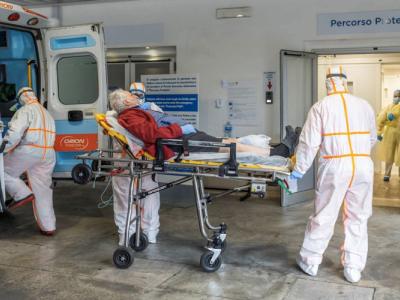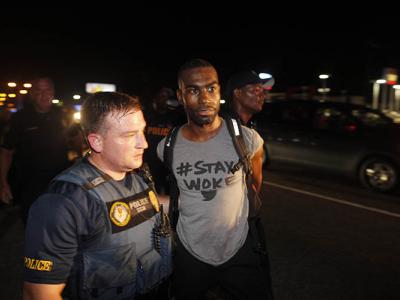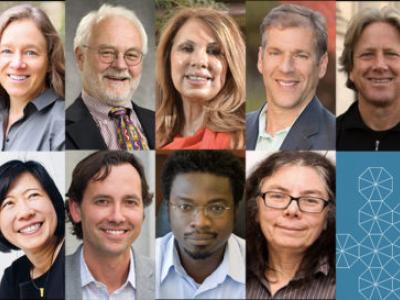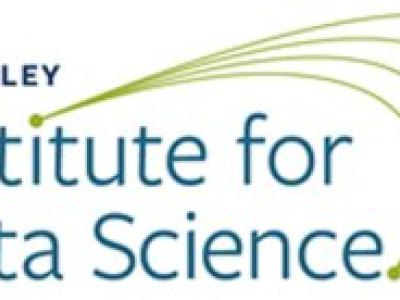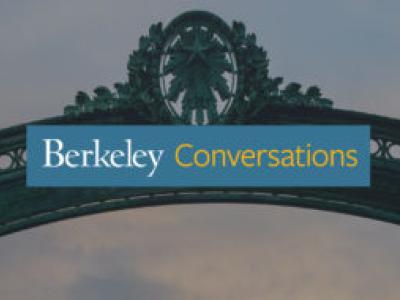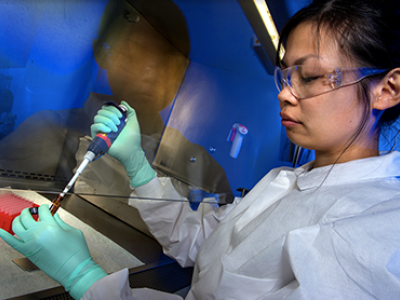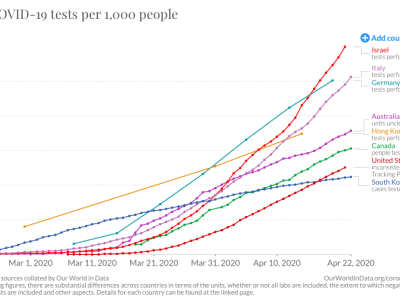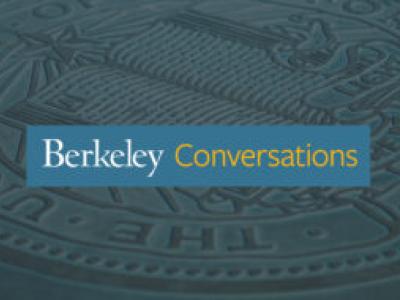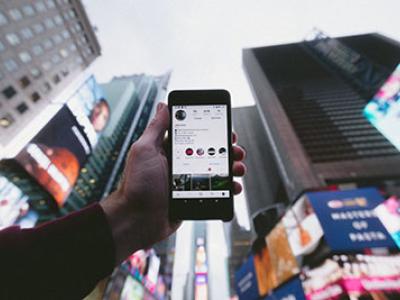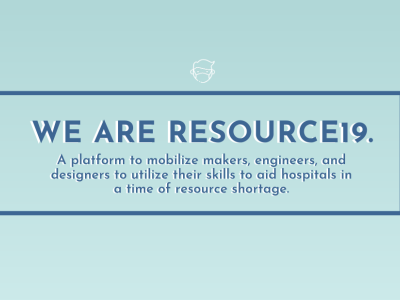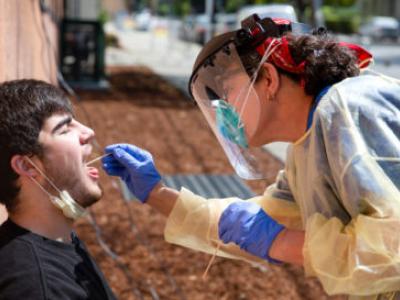As the United States and much of the world move toward relaxing shelter-in-place restrictions to let people move about more freely, public health experts hope to rely on antibody tests to determine who has been infected with the COVID-19 virus and may be immune — at least temporarily — and who is still susceptible.
Research News
Learn more about UC Berkeley's researchers and innovators.
Showing 1329 - 1344 of 3459 Results
In the third in a series of short videos, UC Berkeley psychologist Dacher Keltner talks about the benefits of practicing gratitude. Expressing appreciation is a key component of Keltner’s Science of Happiness course, which he has taught to inmates at San Quentin State Prison, among thousands of other students.
Government-enforced social isolation may help relatively affluent populations limit the spread of COVID-19, but these measures can be devastating for the nearly 1 billion people around the globe currently dwelling in urban slums, where physical space is scarce, and many rely on daily wage labor for survival.
Ever so slowly, communities around the globe are cautiously easing shelter-in-place orders, and people are heading back to work — bringing with them damaging behaviors that hurt the environment and impact climate change, such as increased reliance on single-use plastic grocery bags.
The broad death disparities black communities face during the spread of COVID-19 reflects health and societal inequities that existed for communities of color in the United States, long before the disease became a pandemic.
A study by UC Berkeley and LBNL predicts that the true number of deaths in Italy from COVID-19 is more than twice the official figure: around 50,000 people, as of April 18.
There are various reasons COVID-19 is killing black people at six times the rate of white people. But one largely unexamined contributor to the disparity is the trauma and stress caused by police violence in those communities, and the physical toll of that violence.
Nine UC Berkeley faculty members from a wide range of disciplines have been elected to the American Academy of Arts and Sciences (AAAS), a 240-year-old organization honoring the country’s most accomplished artists, scholars, scientists and leaders.
UC Berkeley is launching a new Computational Social Science Training Program (CSSTP) to train predoctoral students with advanced computational and data science analytics skills to address pressing needs in biomedical, behavioral, social, and clinical research.
In today’s Berkeley Conversations: COVID-19 event, Jennifer Chayes, associate provost of the Division of Computing, Data Science, and Society and dean of the School of Information, spoke with three UC Berkeley experts about how relying on data and algorithms to guide pandemic response may actually serve to perpetuate these inequities — and what researchers and data scientists can do to reverse the patterns.
A team of researchers at UC Berkeley School of Public Health are launching a new study to better understand the current spread of SARS-CoV-2 infection in the Bay Area and the effect of social mitigation strategies.
Berkeley Law expert explores the technical challenges, legal constructs and policy choices that led to paltry testing.
The intense social isolation, stress and uncertainty surrounding COVID-19 is shaping up to be its own mental health pandemic. Already, spikes in post-traumatic stress disorder are being documented among vulnerable populations, health workers and other front-line personnel.
Misinformation surrounding the coronavirus pandemic is different from other online conspiracies in at least one important aspect. People may die as a result of coronavirus misinformation.
Healthcare workers across the globe are facing dire shortages of critical equipment needed to treat the coronavirus. Each day, news outlets show images of doctors, nurses, and other healthcare professionals struggling with inadequate or non-existent PPE (personal protective equipment). The public is left at home wondering what can be done to help.
With the University of California, Berkeley’s COVID-19 diagnostic lab up and running, University Health Services (UHS) is expanding its coronavirus testing for symptomatic students, aiming for a 24-hour turnaround that will allow medical staff to better manage patients and help them understand the extent of infection in the campus community.

